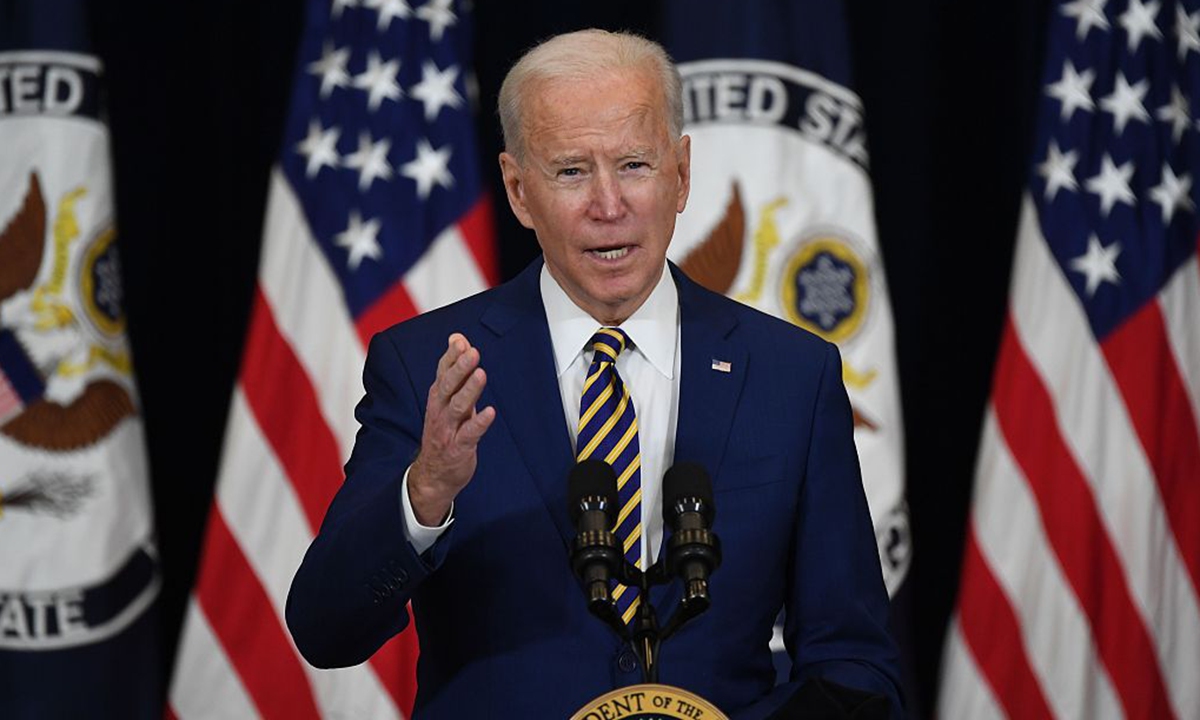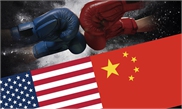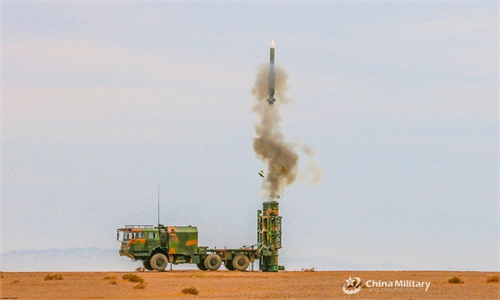
Biden Photo:VCG
In his first foreign policy speech as US president on Thursday, Joe Biden called China the "most serious competitor" to the US. He said the US will "confront China's economic abuses; counter its aggressive, coercive action; to push back on China's attack on human rights, intellectual property, and global governance." He also said the US is "ready to work with Beijing when it's in America's interest to do so."
Many cabinet members of the Biden administration are "old faces" from the Obama administration. But until now, Washington hasn't shown a strong will to improve relations with China or return to an engagement policy. Biden's foreign policy speech, as well as recent remarks delivered by several key cabinet members, including secretary of state Antony Blinken and national security adviser Jake Sullivan, have all demonstrated a tough posture toward China.
It has become clearer that Biden's China policy inherits the framework of strategic competition formulated during the Trump administration. That is to say, like the Trump administration, the Biden government also believes China is a "competitor" that poses great challenges to the US.
Specifically speaking, there will be no major differences between the Biden and Trump administrations when it comes to human rights issues. On issues related to Hong Kong, Xinjiang and Tibet, we may see more policy continuity from Washington.
Biden in his foreign policy speech emphasized the US "will compete from a position of strength by building back better at home, working with our allies and partners, renewing our role in international institutions, and reclaiming our credibility and moral authority, much of which has been lost." This indicates that Biden's approaches toward China are more like those of Obama. The Biden administration will more resort to multilateral methods, allies, and non-military means to deal with China.
To a great extent, the Biden administration's China policy will be a mixture of Obama's and Trump's, but at the same time reflects the new realities of China-US relations. In general, Biden's China policy will inherit certain parts of Trump's strategy, while in terms of tactics, there is a also continuation from the Obama era. Biden will put more emphasis on developing a controllable and stable competition with China under the framework of strategic competition, instead of seeking confrontation and piling extreme pressure on China as Trump did. The Biden administration's China policy will be more coherent, systematic, predictable and pragmatic than the former Trump administration.
Biden said the US is "ready to work with Beijing, when it's in America's interest to do so." But there is still no sign of willingness to mend ties with China. Trump's four-year tenure has gravely jeopardized China-US relations, worsening US public opinion and the US elites' perceptions about China. Under such circumstances, it's hard for the Biden administration to show a moderate gesture toward China. Besides, being tough on China has become a partisan consensus in the US, suppressing the room for the Biden administration to fix relations with China.
It's obvious that although the US needs China's cooperation in many aspects such as tackling climate change and fighting against the pandemic, the Biden administration doesn't want to leave an impression that the US is enthusiastic about mending ties with China. It doesn't want to lower its posture, but hopes to gain a psychological advantage in contacts and future negotiations with China by showing toughness toward the nation. From Biden's foreign policy speech, it can be seen that the Biden administration hopes the US can be in a more favorable position in future dialogues or talks with China. It avoids sending any signal that Washington will anxiously seek a détente with China.
The White House said the Biden administration will adopt a policy of "strategic patience" with China. This is actually a relatively passive and inactive state. It places greater emphasizes on coordinating and cooperating with allies to deal with China instead of having direct dialogue with China. It is seeking to build an anti-China coalition. This is in fact irrational.
China has said it will always keep its door wide open for dialogue and cooperation. The ball now is in the US' court. If the US, no matter out of considerations for domestic politics or major power competition, is still reluctant to take moves to improve relations with China, the window period for a reset in bilateral relations will be drastically shortened. This will affect the overall stability of China-US relations in the future, further harming US interests.
The author is an assistant research fellow at the China Institute of International Studies. opinion@globaltimes.com.cn



